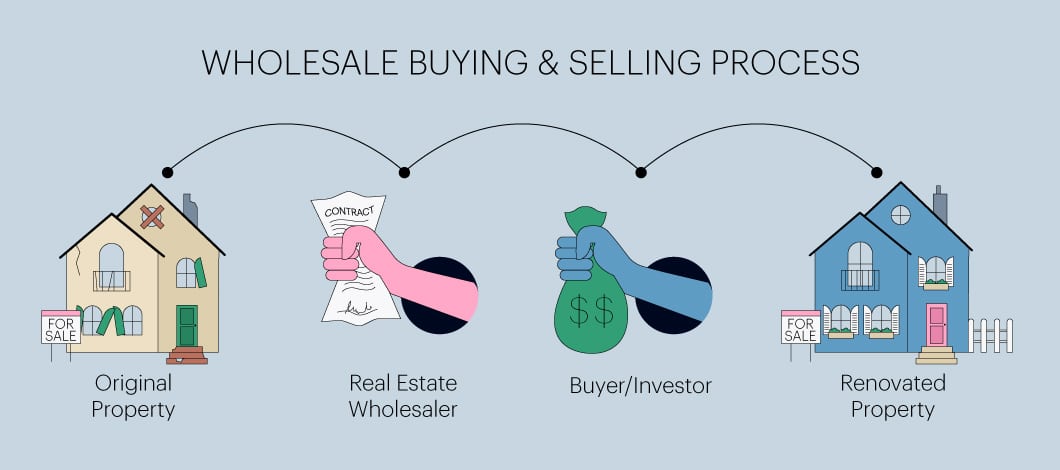
Real Estate Investing Software: A Comprehensive Guide
In today's digital age, real estate investing software has become an essential tool for investors. With these tools, investors can make informed decisions based on accurate data and analytics. This article delves into the various types of real estate investing software available. Grasping the capabilities of investing software can lead to more profitable outcomes. Let's dive into the world of real estate investing software and discover how it can transform your investment journey. Gaining insights into these technologies can help you stay ahead in a competitive market. You'll be better prepared to select and utilize software that aligns with your investment goals.
At its core, this software aims to simplify and enhance various aspects of real estate investing. They can help with tasks like rental income tracking, expense management, and ROI calculations. This leads to more confident decision-making based on reliable data. Knowing what each platform offers helps you match their capabilities to your needs. Case studies show that technology adoption can lead to improved investment performance. Resources like real estate wholesaling blog for beginners WholesalingHousesInfo.com offer insights into choosing and using real estate investing software. Leveraging such knowledge enhances your ability to select effective tools.
For more information on real estate investing software, go to: rei software
Advantages of Real Estate Investing Software
One major benefit of real estate investing software is improved efficiency. Reducing human error leads to more reliable investment analyses. Timely information can be the difference between seizing or missing a great deal. Custom reports facilitate better tracking of your investment performance. Shared access to data ensures everyone is on the same page. Integration simplifies workflows and data management across platforms. Using software demonstrates professionalism to clients and partners.
Many software solutions offer educational resources and support. Scalability ensures long-term utility of your software investment. Cost savings are realized through reduced manual labor and errors. Enhanced security features protect sensitive financial data. Mobile access allows you to manage investments on the go. Competitive analysis tools help you understand your position in the market. Environmental sustainability is promoted by reducing paper use.
Exploring Different Software Solutions
Property management software assists in handling rental properties. Accurate deal analysis is essential for assessing investment viability. These platforms help identify high-growth areas and emerging opportunities. They consolidate information across properties for a holistic view. Financial modeling software allows for detailed forecasting and budgeting. Customer relationship management (CRM) software enhances client interactions. Timely information from listings can lead to first-mover advantages.
They coordinate schedules, budgets, and contractor communications. Staying compliant mitigates legal risks and penalties. Tax planning software helps optimize your tax strategy. Continuous learning is vital in a dynamic real estate market. Clear communication of data supports better decision-making. Networking and collaboration platforms connect you with other professionals. Innovative viewing experiences can differentiate your offerings.
Selecting the Best Software for Your Needs
A clear vision of your goals guides effective decision-making. Consider the scalability of the software as your portfolio grows. An intuitive design reduces the learning curve and increases adoption. Reliable support services are crucial for resolving issues quickly. Compatibility enhances overall operational efficiency. Review security features to protect your sensitive information. Understanding the pricing structure prevents unexpected expenses.
Insights from peers provide real-world perspectives on software performance. Hands-on experience helps determine if it meets your needs. Ongoing updates reflect the developer's commitment to improvement. Assess the customization options available. Vendor credibility can impact the software's future development. Robust reporting features support better strategic decisions. A steep learning curve may delay benefits and require additional resources.
Best Practices for Software Adoption
Develop a clear implementation plan with timelines and milestones. Train your team thoroughly to ensure effective use of the software. Regular evaluation informs necessary adjustments. Customize the software settings to align with your workflows. Feedback can lead to improvements and tailored support. Backups are essential for business continuity. Stay updated with new features and updates released by the provider.
Encourage collaboration and sharing of best practices among your team. Ensure all users follow protocols to protect information. Data insights drive better investment choices. Consistent use embeds the tool into your operations. Seek continuous improvement based on performance metrics. Address challenges promptly to avoid operational disruptions. Positive reinforcement fosters a culture of innovation.
For more information on real estate investing, go to: property flipping software
Final Thoughts on Real Estate Investing Software
To wrap up, adopting the right software is a strategic move for any serious investor. By understanding your needs and carefully selecting a tool, you can unlock numerous benefits. Implementing best practices in adoption and utilization further amplifies these advantages. Return on investment is realized through enhanced performance and profitability. We encourage you to explore the options available and take the next step in modernizing your approach. Your willingness to adopt new tools can set you apart from the competition. Your proactive steps today lay the groundwork for tomorrow's success.